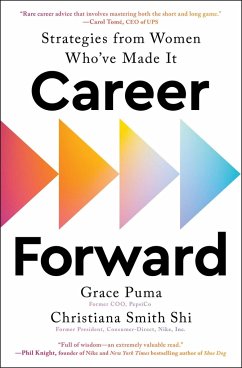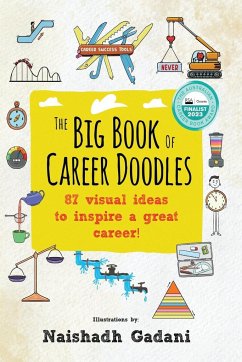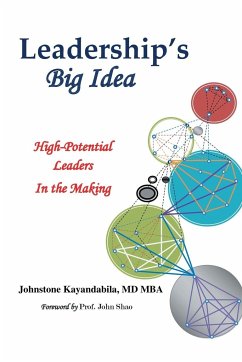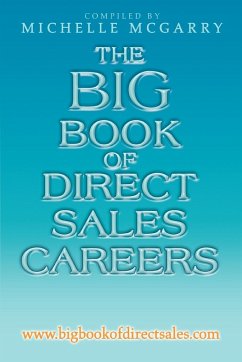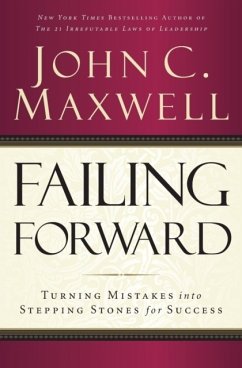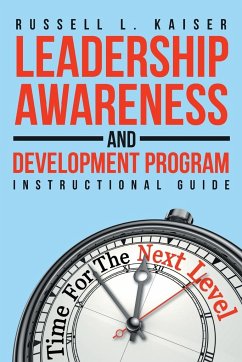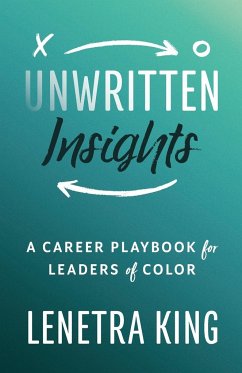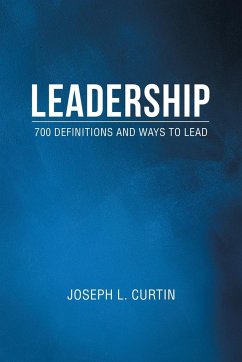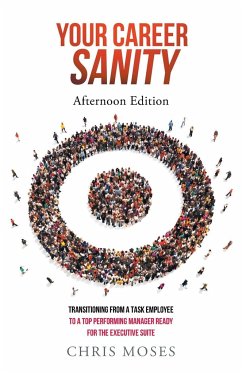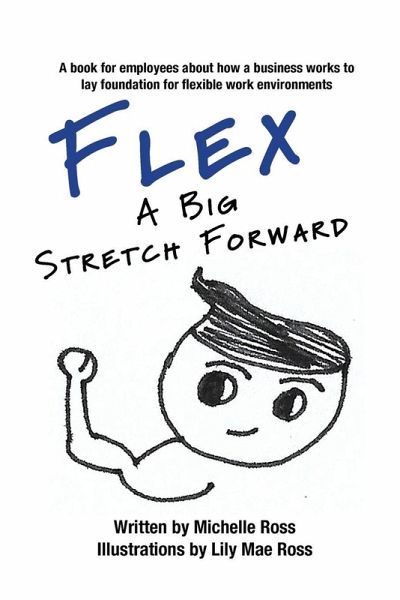
Flex - A Big Stretch Forward
A book for employees about how a business works to lay foundation for flexible work environments

PAYBACK Punkte
22 °P sammeln!
We are in a moment that is unlike any others we have experienced in our lifetimes. Important questions are being asked about how we move forward and what it will take to get our economy moving and provide safe and stable futures for all of us. In the business world, conversations around "the future of work" often exclude those who work with their hands or who are otherwise classified as essential workers. While you may not want to be a CEO, developing some basic knowledge about how business works can create more options for employees at all levels. I believe that humans are capable of anything...
We are in a moment that is unlike any others we have experienced in our lifetimes. Important questions are being asked about how we move forward and what it will take to get our economy moving and provide safe and stable futures for all of us. In the business world, conversations around "the future of work" often exclude those who work with their hands or who are otherwise classified as essential workers. While you may not want to be a CEO, developing some basic knowledge about how business works can create more options for employees at all levels. I believe that humans are capable of anything - even performing a job for which they’ve had no formal training or experience. I’ve written this book for people with basic questions about how a company works, but might be afraid to ask. Over the course of my career, I’ve been committed to explaining complicated concepts to audiences of all kinds. I know that not everyone in the company understands how the company works, why it exists and how it makes money. Most people have never learned these points from their supervisors, and plenty of excellent employees did not learn business concepts as part of any formal educational program. But at least some of the inequities in our society are perpetuated in the workplace when employees remain on a "need to know" basis when it comes to how the company works. In our own small way, we can help to eliminate an invisible ceiling by demystifying some of these concepts that seem more complicated than they actually are. There are plenty of books and articles written by and for executives and consultants, offering advice to other executives and consultants. But where are all of the books written in plain English for the non-Harvard types? This book is not written for anyone with an MBA – it is purposely written for people who may have never been given the opportunity to learn business concepts in school or on the job. I learned none of these concepts in school. Some of them I learned from others during my years of consulting with companies. Others I made up in urgent situations where we needed to "coin a phrase" to explain complicated scenarios to people with very little experience. **So, why "Flex?"** Today’s world is more complicated than ever before. The typical American worker must play multiple roles at home and at work. The ability to be flexible is critical, and it creates options. The concept for this book arose out of the urgent need to retrain our employees to "flex" across multiple jobs as we worked to transform our business during the Covid 19 crisis. In addition to developing courses around Excel, PowerPoint, warehouse management and other technical courses, we also needed to provide employees with some basic business, communication and leadership training to enhance their skills and ready them for a new day. Understanding how companies work will help lay the foundation for employees to explore multiple roles and jobs. Learning how to manage multiple roles will make one more flexible in their work and personal lives. A big part of this retraining is the development of some basic business acumen. Flexible employees will need to understand a company’s purpose, how it is organized and how each role within the company makes the engine run. Learn what you can from this book, and keep in mind that so much about business is not a science – it can be more of an art. Just try to learn the basics and consider your own personal "North Star." We all have our own set of circumstances – your guiding light might be different from that of everyone else. But once you learn the basics, you can train and be mentored by others who have chosen a similar path. In the words of America’s first female millionaire, Madam C.J. Walker, &





